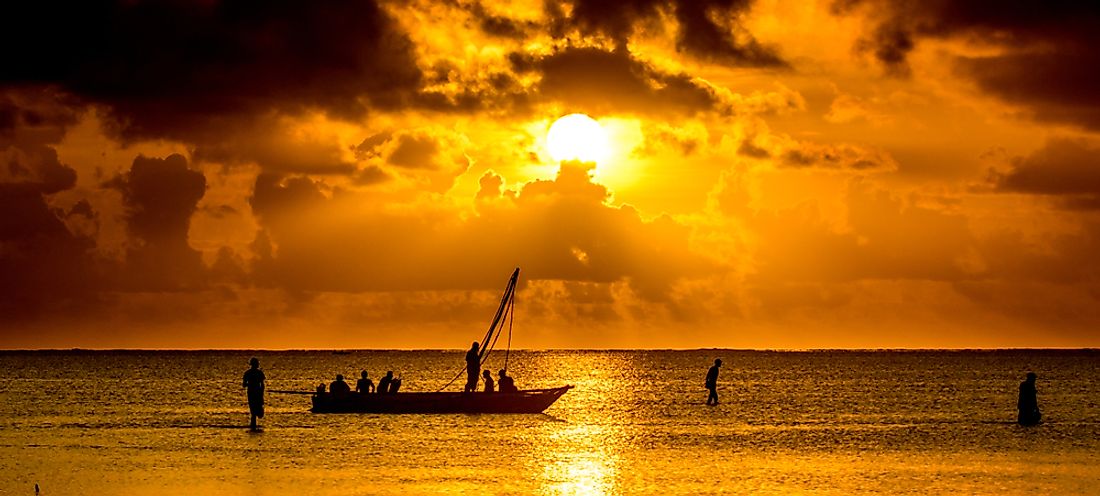Who Are The Swahili People?

History of the Swahili People
The Swahili people were traditionally found living in the coastal areas of East Africa. They are descended from groups known as Cushitic Herdsmen who used to live in these same areas before later being joined by the Bantu tribal peoples, including the Mijikenda, with whom these people married. It is also known that around AD 700, there arose Arab settlements in the form of coastal towns in the region, and the Persian traders and those from Arab communities married the local women living around this coastal region. Between the 9th and 12th Centuries AD, the Somalian Benaadir coast and Jubba River Valley were also regarded as major settlement areas for all of these peoples which were increasingly coming together and intermarrying.
Swahili Homelands
The area which includes the mainland areas along the African coast are the areas of Kenya, Tanzania, and Somalia to which the Swahili call their ancestral homes. The people who are the inhabitants of the area stretch from the Tana River in Kenya to the Somalian region known as Webi Shebelle. These people reside in the Africa’s Great Lakes Region, and also cover the areas of the Zanzibar Archipelago, the Tanzanian seaboard, the northern area of Mozambique, and the main inland areas near the Kenyan coast. The other areas occupied by the Swahili are the Indian Ocean Islands, as well as the Pate and Lamu island areas off of the Kenyan coast.
The Swahili Language
The people living in this area mostly speak the Swahili language, and they are also the members of the Bantu sub-groups and belong to the family of Niger-Congo peoples. The other people who are included among those which speak the native Swahili language are the people from the Comoros Islands and the Mijikenda people belonging to the nation of Kenya. It is mostly found that they use words which are similar to Arabic due to the historic influence of Arab settlements in the region. Even in the Great Lakes area, this language is still spoken by the urban people, and has also served as the native language for many in postcolonial times.
Traditional Ways of Life
The Swahili people mostly follow Islamic religious beliefs, and their lifestyle is also similar to that of many Arab cultures in that they do not generally allow women and men to mix freely with each other. It is commonly seen that the men can be usually seen working and roaming in the public areas, whereas women live in their houses only, and can speak to the people belonging to their same gender exclusively. They follow these modest behaviors, and mostly such decisions regarding women and youth living in the family are made by the males.
Notable Swahili Individuals
There were many notable Swahili people who held great positions too and they are:
- Salim Ahmed Salim of Zanzibar, who was the Sixth Secretary General of the Organization of African Unity.
- Abeid Karume was the First President of Zanzibar.
- Zakia Meghji was the Former Minister of Finance of Tanzania.
- Najib Balala, the current Kenyan Cabinet Secretary for Tourism.
Ongoing Threats to the Swahili Culture
The Swahili people mostly live near the Peninsular Coasts, but their life is now increasingly being disrupted by the sectarian conflicts carried out among the Somalian people. This has posed a threat to the regional community, people's lives, and the culture at large. The danger is also seen along the Banadir coast of Somalia around Mogadishu, which has been looted by militant groups and individuals, and as a result people have to flee the towns in the area and leave their own homes for other's elsewhere.







